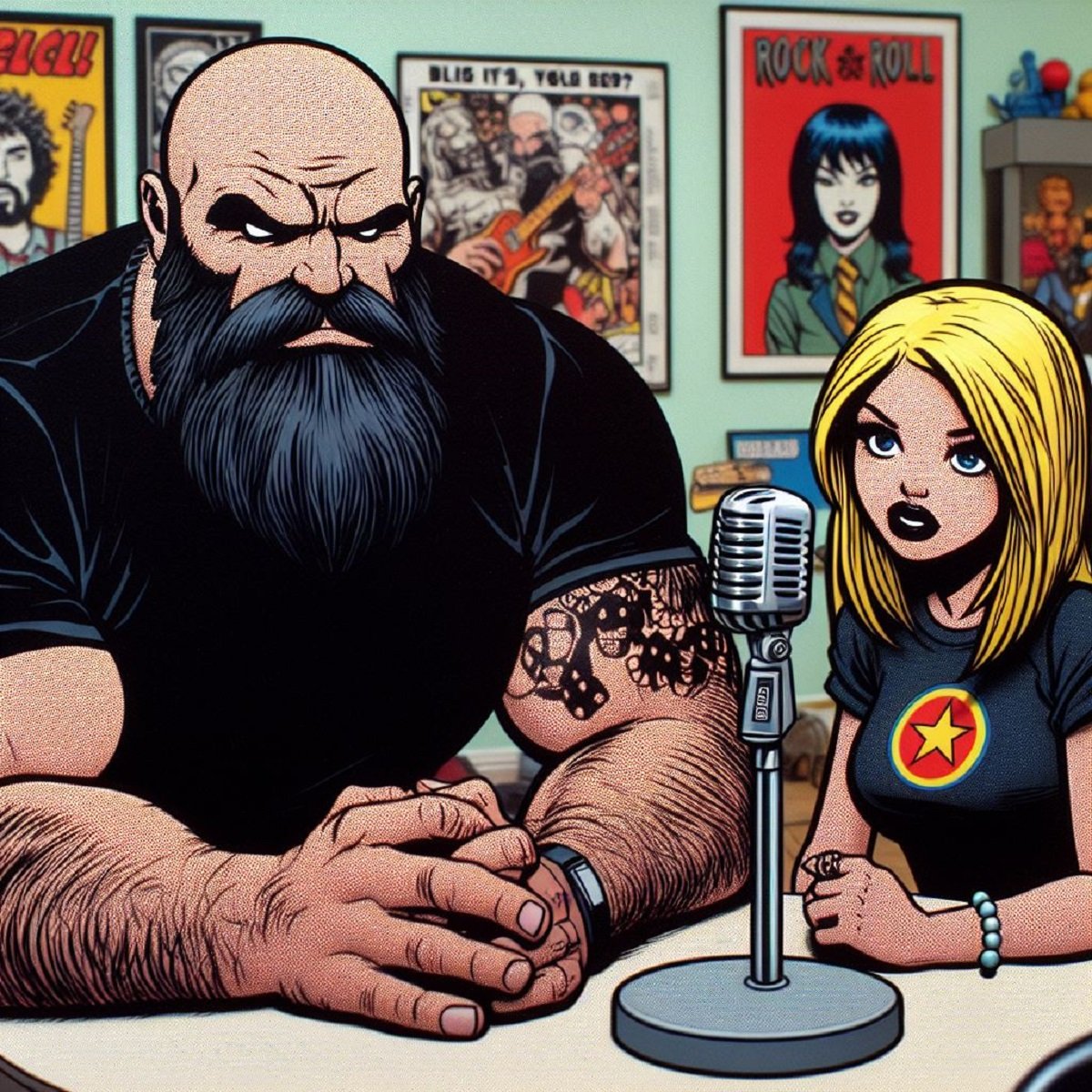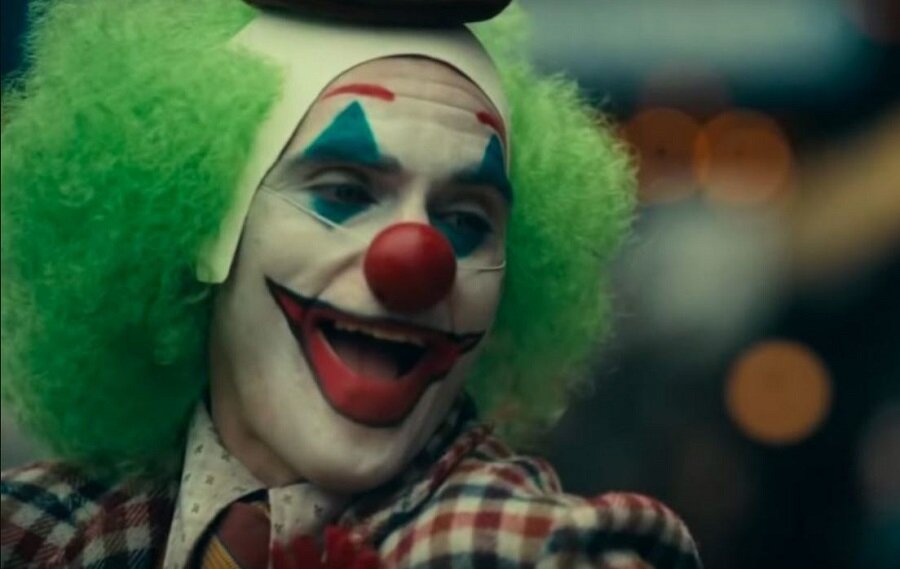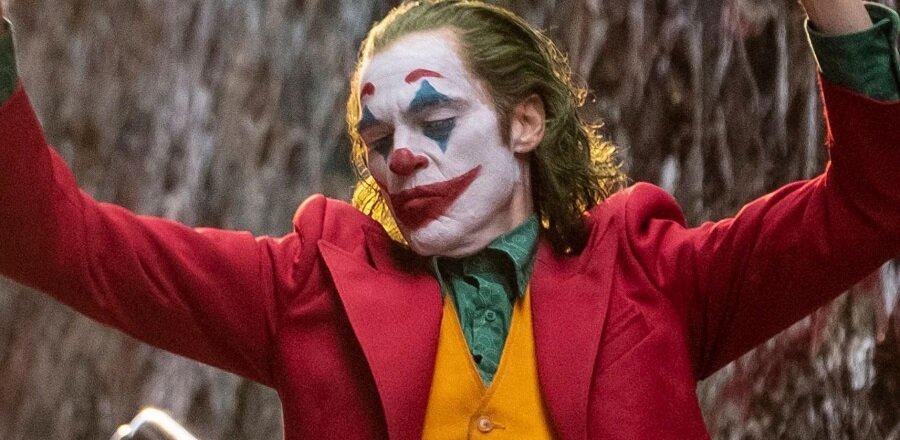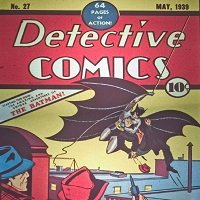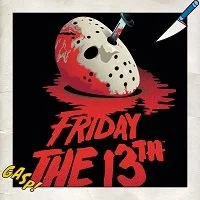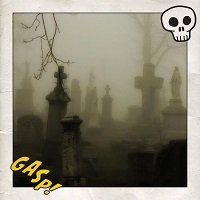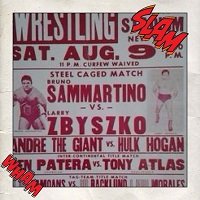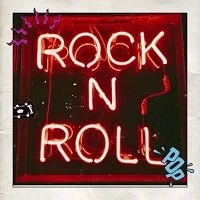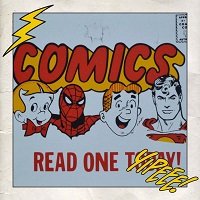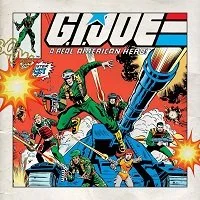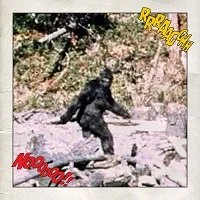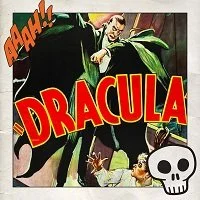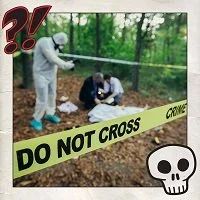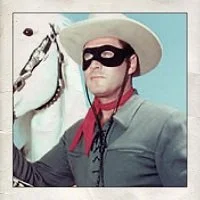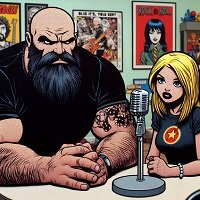Joker (2019) Movie Review… It’s Complicated
By: Karl Stern
Check out our Patreon podcast special review of Joker (2019) with Karl and Tonya, available to all our Patreon supporters - Click Here for the podcast.
Reviews for the Joaquin Phoenix 2019 psychological thriller Joker have been all over the place with some loving the movie and viewing it as a masterpiece while others have been far less kind. When It Was Cool saw Joker on opening weekend and I left the theater feeling like I had just watched one of the best movies of my life. Joker is complicated on many levels but so is the comic book character on which it is based, so are the issues and themes addressed in the film, and so is life.
Let’s begin with the character himself. The Joker is not new. He was introduced in Batman issue 1 in 1940. From the very beginning the Joker was a dark and sinister character and a creepy clown long before creepy clowns were a thing.
The Joker has been portrayed differently over the years with a wide variety of interpretations of the character. In his first appearance in Batman in 1940 he even bested Batman in hand to hand combat. Over the years he has been portrayed as silly and irreverent (such as Cesar Romero’s version in the 1966 Batman TV show), chilling (his earliest appearances and in comic book classics like The Killing Joke and Death in the Family), and complicated (such as Heath Ledger’s portrayal in The Dark Knight and certainly Joaquin Phoenix in the 2019 Joker film).
SPOILER ALERT: From here on there are significant spoilers.
There are multiple social commentaries running in Joker built on top of a basic comic book universe inspired story. Let’s get the simple part out of the way first. This is an origin story for the Joker and, in some ways, and origin story for Batman as well. I was surprised to see a young Bruce Wayne and the Wayne family of Thomas and Martha figure into the story but make no mistake, while important, the true story of Joker is much deeper and much more sinister.
We are introduced to party clown Arthur Fleck who lives with his mother, Penny (Frances Conroy), in Gotham City. Based in the year 1981, the city of Gotham is in shambles with a garbage strike causing trash to pile up in the streets, city and social services are collapsing, and there is an overall despair apparent in the entire city. Arthur Fleck suffers from a neurological condition that causes him to laugh at inappropriate times, especially if he is nervous or stressed. While working as a rent-a-clown for a store going out of business a gang of juveniles attack him and assault him and Arthur's co-worker, Randall (Glenn Fleshler), gives him a gun, despite knowing Arthur isn’t supposed to have one due to his illness.
While returning home to his mother’s apartment, Arthur has a run-in with his neighbor Sophie (Zazie Beetz) in an elevator in which she appears to show him some attention. Arthur invites her to his stand-up comedy show, and they begin dating… or so it seems.
While working another rent-a-clown gig at a children's hospital, Arthur's gun falls out of his pocket and slides across the floor which leads to Arthur being fired. Randall then lies about giving Arthur the gun. Arthur’s spiral has now began but a pivotal scene in the movie occurs in the subway while, still in his clown makeup, Arthur is beaten by three drunken Wayne Enterprises businessmen whom he shoots: two in self-defense and a third execution style. The murders are condemned by billionaire mayoral candidate Thomas Wayne (Brett Cullen), who labels those envious of more successful people as "clowns". The media also spins the story with the business bullies being portrayed as innocent victims. This begins an uprising among the city’s poor and disenfranchised who adopt the clown motif as a symbol for their movement. As if Arthur’s life hadn’t already descended far enough, funding cuts shutter the social service program he was attending leaving Arthur without his medication.
To say that Arthur's comedy show goes poorly is an understatement. He laughs uncontrollably due to his medical condition and has difficulty delivering his jokes, refers to his joke book, and video of his uncomfortable and embarrassing performance begins circulating. Popular talk show host Murray Franklin (Robert De Niro) mocks Arthur by showing clips from the routine on his show. This is even more damaging to Arthur as Murray is a favorite of he and his mother. Arthur intercepts a letter written by Penny to Thomas Wayne, alleging that he is Thomas' illegitimate son, and berates his mother for hiding the truth from him.
At this point we see Wayne Manor for the only time in the film and Arthur talks to Thomas' young son, Bruce Wayne through the barred fence that protects the property but flees after a scuffle with butler Alfred Pennyworth (Douglas Hodge). Following a visit from two Gotham City Police Department detectives investigating Arthur's involvement in the train murders, Penny suffers a stroke and is hospitalized. Arthur’s world continues to descend into chaos as bad things continue to happen, his medication continues to get out of his system, and the euphoria he experienced in killing the three Wayne Enterprise employees only emboldens him.
Arthur confronts Thomas Wayne, who tells him that Penny is delusional and, herself, seriously mentally ill. The meeting with his “father” ends badly as Thomas Wayne punches Arthur in the face. In denial, Arthur visits Arkham State Hospital and steals Penny's case file and the file says Penny adopted Arthur as a baby and allowed her abusive boyfriend to harm them both. Penny alleged that Thomas Wayne used his influence to fabricate the adoption and commit her to the asylum to hide their affair leaving the fatherhood of Arthur in some doubt. Distraught over this revelation, Arthur goes to the hospital and kills his mother bringing the Joker’s body count up to four at this point. He enters Sophie's apartment unannounced and, in a telling scene, Sophie tells him to leave and the movie reveals their previous encounters were just Arthur's delusions.
Arthur is invited to appear on Murray's show due to the unexpected popularity of his comedy clip where he was embarrassed. It is in preparation for this that we see Arthur dawn the classic Joker make-up and purple suit for the first time. While headed to the studio, Arthur is pursued by the two detectives onto a train filled with clown protesters. One of the detectives accidentally shoots a protester and incites a riot while Arthur escapes in the chaos.
Before the Murray show goes live on the air, Arthur requests that Murray introduce him as Joker, a reference to Murray's previous mockery of his stand-up routine. Arthur comes out to a warm reception, but begins telling inappropriate jokes and admits that he is the person who killed the men on the train, and rants about how society abandons the disfranchised and how Murray mocked him. Joker shoots and kills Murray live on television and is arrested as riots break out across Gotham.
During the riots one unnamed masked rioter corners the Wayne family in an alley as they are leaving the movies and murders Thomas and his wife Martha, sparing Bruce. Rioters in an ambulance crash into the police car carrying Arthur and free him. He dances to the cheers of the crowd and uses his blood to paint a smile on his face.
The movie concludes with an interview at Arkham State Hospital, Arthur laughs to himself and tells his psychiatrist she would not understand the joke. Leaving, he is chased by an orderly, leaving a trail of bloodied footprints hinting that he killed her too
While the storyline of the movie is fairly straight forward the subtext indictment of the mental health care system in the United States is damning and not unjustified. Other subtexts are obviously the rich verses the poor and political corruption. Joaquin Phoenix is incredible in his performance and the movie is a psychological masterpiece on many levels. Joker stands out as one of the greatest movies of this era.
Check out our Patreon podcast special review of Joker (2019) with Karl and Tonya, available to all our Patreon supporters - Click Here for the podcast.
If you found this article interesting consider becoming a Patreon supporter. That is how When It Was Cool keeps our website and podcasts online, plus you get lots of bonus content including extra and extended podcasts, articles, digital comics, ebooks, and much more. Check out our Patreon Page to see what's up!
If you don't want to use Patreon but still want to support When It Was Cool then how about a one time $5 PayPal donation? Thank you!
